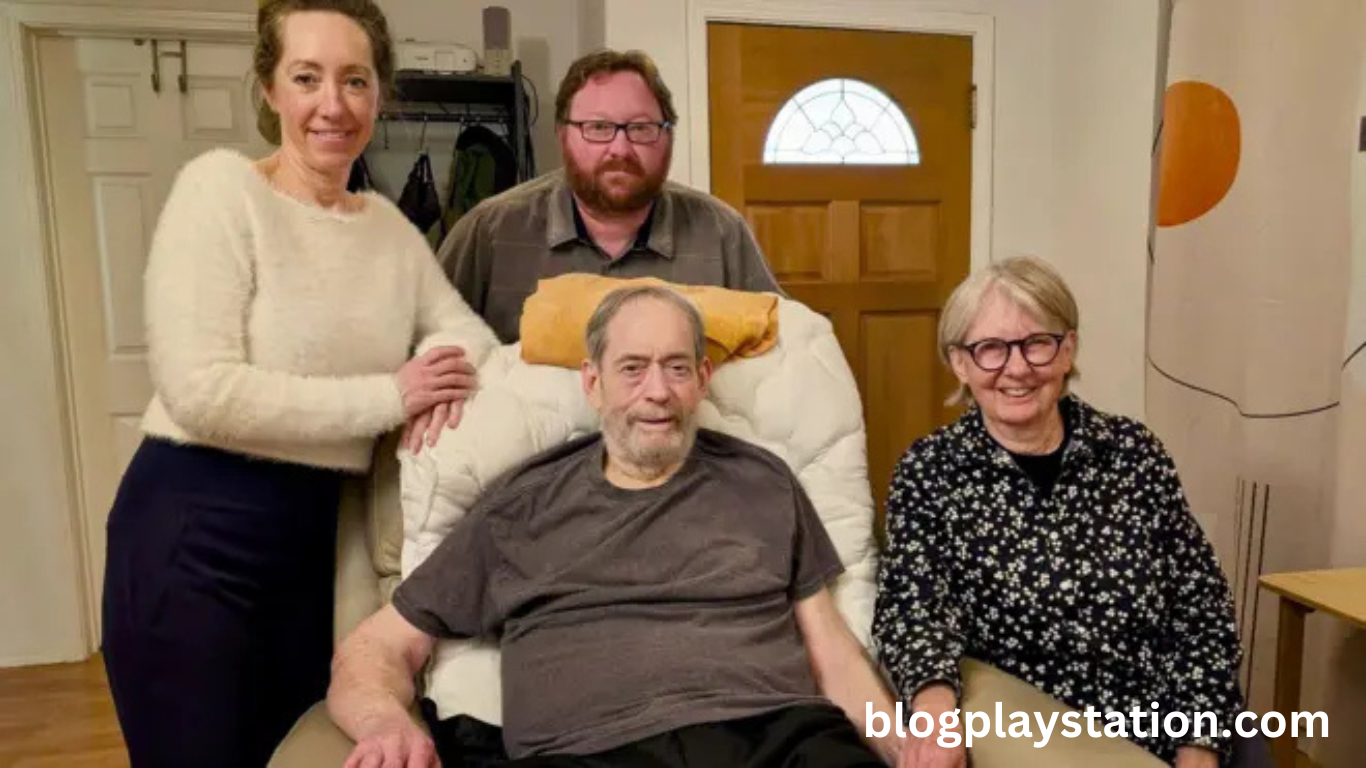The debate surrounding assisted dying in Canada continues to provoke strong reactions, as the law introduced in 2016 evolves and prompts ethical, moral, and legal questions. The legislation allows eligible individuals to seek medical assistance in dying (MAID), a provision that has opened up a complex conversation about life, autonomy, and the role of government in matters of life and death.
The Emergence of Assisted Dying Law in Canada
The introduction of the MAID law was a landmark moment in Canada’s medical history. Following a 2015 Supreme Court ruling that declared the prohibition of physician-assisted death unconstitutional, the government moved swiftly to develop a framework that would provide a legal route for eligible individuals to access assisted dying. This law, which came into effect in 2016, allows Canadians suffering from grievous and irremediable medical conditions to request medical assistance to end their lives.
Dividing Public Opinion
Despite its legal status, the law has created a sharp divide among Canadians. On one side, proponents argue that it is a necessary option for individuals who are enduring unbearable suffering, ensuring personal dignity and control over one’s life and death. For those in favor, the law is seen as a compassionate response to those whose pain and suffering are unrelievable, offering a final, humane choice.
Opponents, however, voice concerns about the potential for abuse, the sanctity of life, and the slippery slope effect. Critics fear that vulnerable populations, such as the elderly or those with disabilities, could be coerced into choosing assisted death due to social pressures or insufficient support systems. Additionally, religious groups argue that life should be preserved at all costs, deeming the law morally unacceptable.
Read More : From rats to sewage leaks: NHS staff expose reality inside UK hospitals
The Law’s Expansion and Challenges
Over time, the law has evolved, with amendments made to expand eligibility. In 2021, a revision to the law removed the requirement for a person’s death to be “reasonably foreseeable,” thereby allowing those who are not terminally ill but still experiencing unbearable suffering to seek assistance. This shift sparked further debate about the scope and boundaries of the law.
The expansion has raised critical questions about the implications for mental health, as individuals suffering from psychiatric conditions now find themselves eligible for assisted death, provided they meet other criteria. Mental health advocates worry that people with depression or other mental illnesses might request assistance in dying during periods of emotional distress, rather than receiving the treatment and care they need.
Medical and Legal Concerns
For the medical community, the law presents both ethical dilemmas and practical challenges. Physicians are required to navigate the emotional, ethical, and legal intricacies of assisted dying. While some medical professionals support the law, believing it aligns with their duty to relieve suffering, others remain conflicted, citing their Hippocratic Oath and moral objections to participating in ending life. The legal landscape is also evolving, with ongoing court cases and legal challenges further testing the boundaries and implementation of the law.
A Nation in Debate
The issue of assisted dying has become a focal point in Canada’s broader conversations about healthcare, ethics, and rights. For some, the question is about autonomy and an individual’s right to make decisions regarding their body and life. For others, it is a question of whether society should ever cross the line into legalized euthanasia.
As the law continues to be scrutinized and debated, Canadians find themselves wrestling with deep moral questions that reflect both their values and their concerns for the vulnerable. Whether or not the law will continue to evolve, and how it will shape the future of Canadian society, remains to be seen. But one thing is clear: assisted dying is an issue that will continue to divide opinions and provoke challenging discussions on the nature of life and death.
Frequently Asked Questions
\What is Canada’s Assisted Dying Law?
The law allows eligible individuals to request medical assistance in dying (MAID) due to grievous suffering.
Who is eligible for assisted dying in Canada?
Those suffering from irremediable medical conditions and experiencing unbearable suffering can request MAID under specific conditions.
Has the law changed since its introduction?
Yes, the law was expanded in 2021 to include those with non-terminal conditions and psychiatric disorders.
Can mental health patients access MAID?
Yes, individuals with mental health conditions can be eligible for MAID, subject to strict criteria.
Do doctors have to assist in dying under this law?
Physicians are not obligated to participate but must follow legal protocols if they choose to do so.
What are the ethical concerns surrounding the law?
Concerns include the potential for vulnerable individuals to be coerced and the morality of ending life.
How does the law protect vulnerable individuals?
The law includes safeguards to ensure that individuals requesting MAID are doing so voluntarily and meet eligibility criteria.
What is the future of Canada’s assisted dying law?
The law is likely to continue evolving, with ongoing debates and potential legal challenges shaping its future.
Conclusion
Canada’s assisted dying law remains a contentious issue, balancing individual autonomy with ethical considerations. As the law continues to evolve, it sparks vital conversations about life, suffering, and the role of government in making life-and-death decisions. While providing a compassionate option for some, it raises complex challenges, ensuring this debate remains an important part of Canadian society’s ongoing dialogue.


